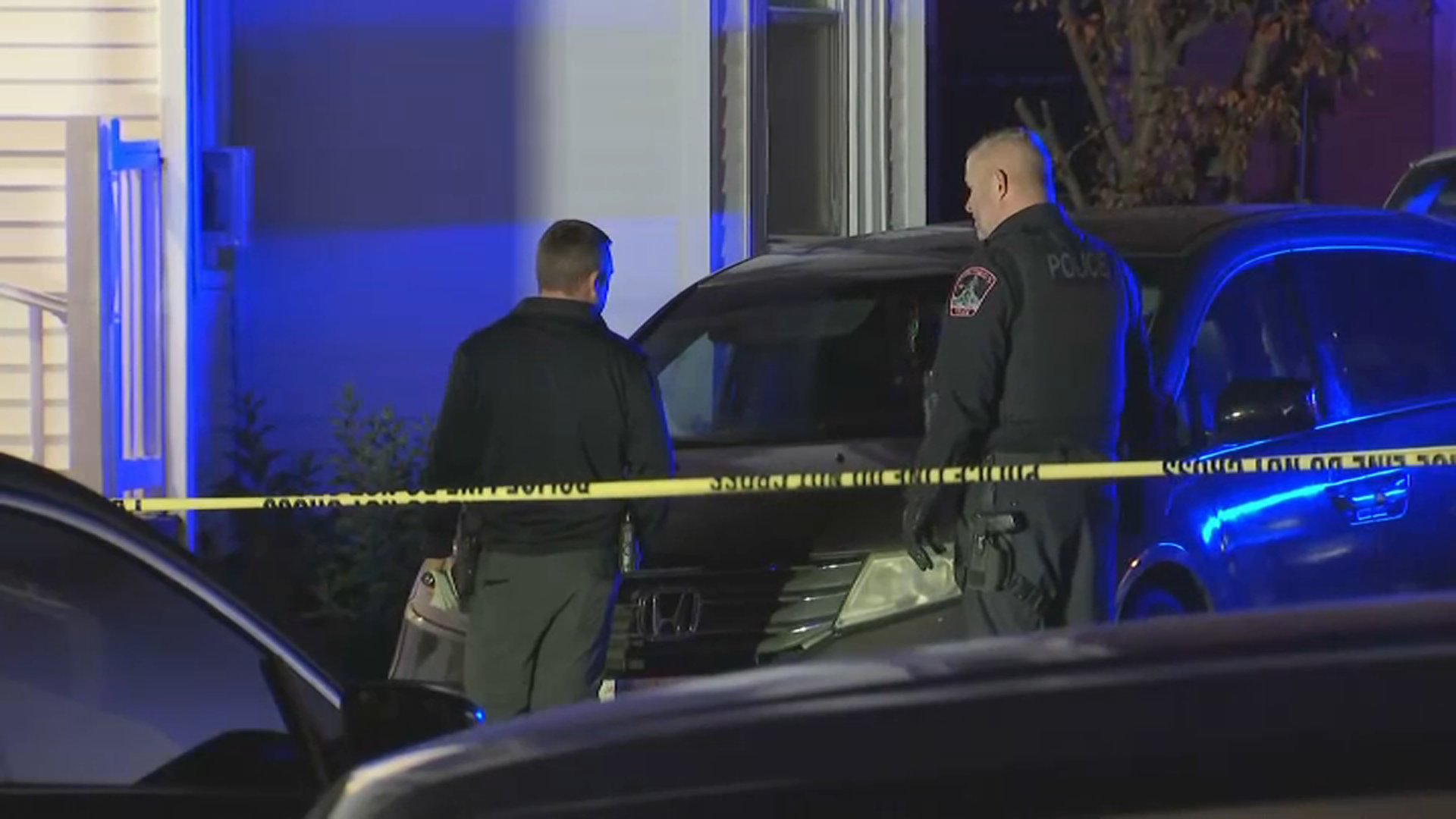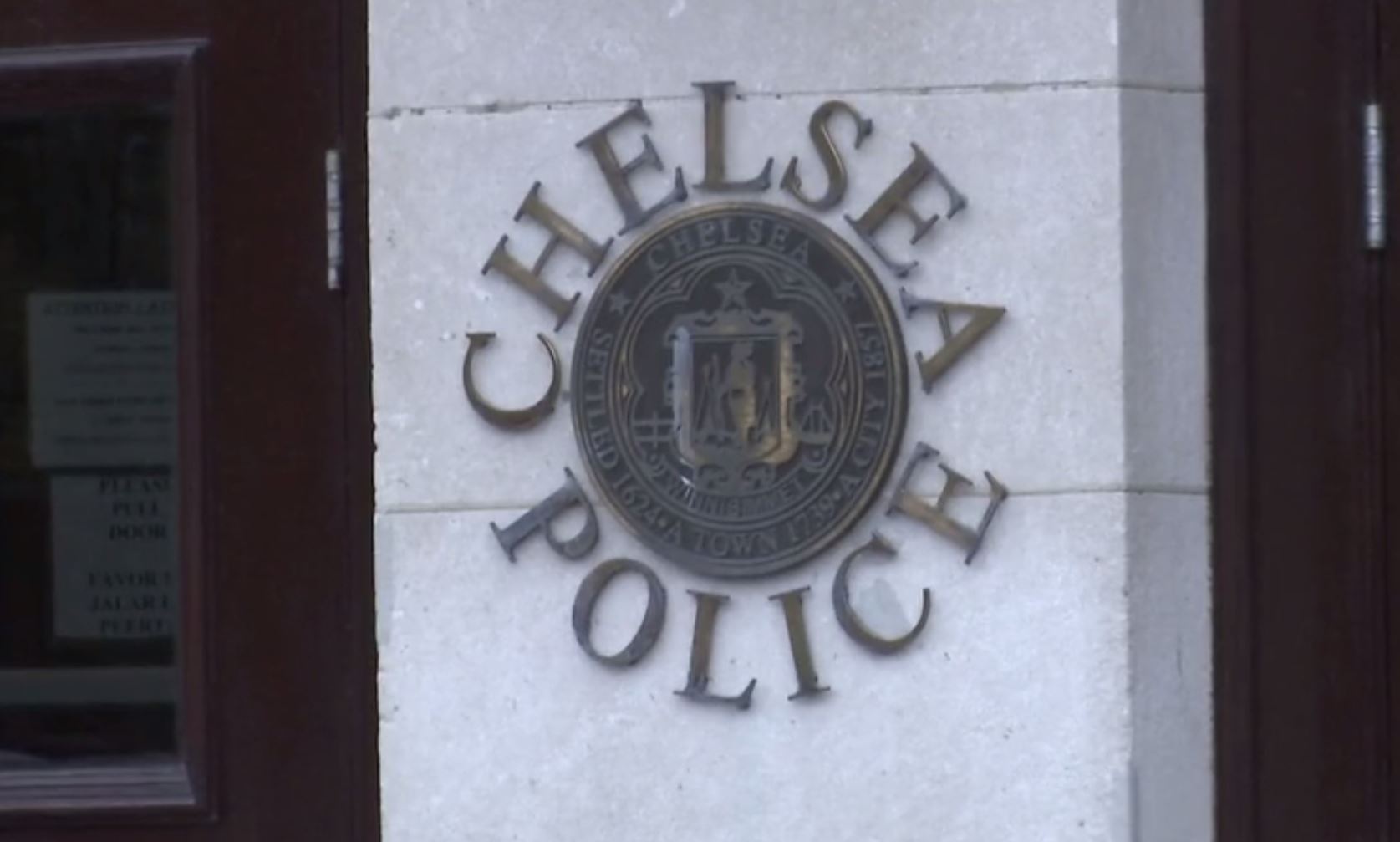Following a month of disruptions on the MBTA, Massachusetts Gov. Charlie Baker will spend $50 million as part of an accelerated plan to improve the transportation service's infrastructure announced Tuesday.
The new plan, which comes on the heels of a pair of subway car derailments, includes more "aggressive" evening and weekend closures, inspections, preventive maintenance and negotiating with industry partners to expedite manufacturing, Baker said.
A new team of additional MBTA employees will work on construction projects. The added resources require a "one-time infusion" of $50 million in funds, according to the governor. The T was already in the middle of executing a 5-year, $8 billion capital investment program that focuses on new tracks, vehicles, signals, power systems and maintenance areas.
The "plan will allow the T to continue its investments at a faster pace, with greater focus on service improvements to provide a safe, reliable means of transportation that supports our economy, and gets people where they need to go," Baker said in a statement.
The governor was joined at Tuesday's news conference by Lt. Gov. Karyn Polito, Secretary of Transportation Stephanie Pollack and MBTA General Manager Steve Poftak at Tuesday's event.
The decision to accelerate improvements for the T come after ongoing issues with derailments and hardware problems.
Ten people were injured when a Green Line train derailed on June 8 in a tunnel near Kenmore Square. Emergency workers said they were told by witnesses that everything went dark and they were thrown around the train car.
Local
In-depth news coverage of the Greater Boston Area.
A second derailment happened June 11 after a Red Line train derailed in Dorchester. The incident damaged signal hardware and equipment and crews are expected to continue working on the T throughout the summer.
As of Monday, 10 trains were running hourly on the Red Line as opposed to the 13 every hour before the mishap, according to officials.
On Monday alone, Green Line passengers experienced delays in the morning after the service experienced a wire problem. Forty shuttle buses were deployed to replace the service.



